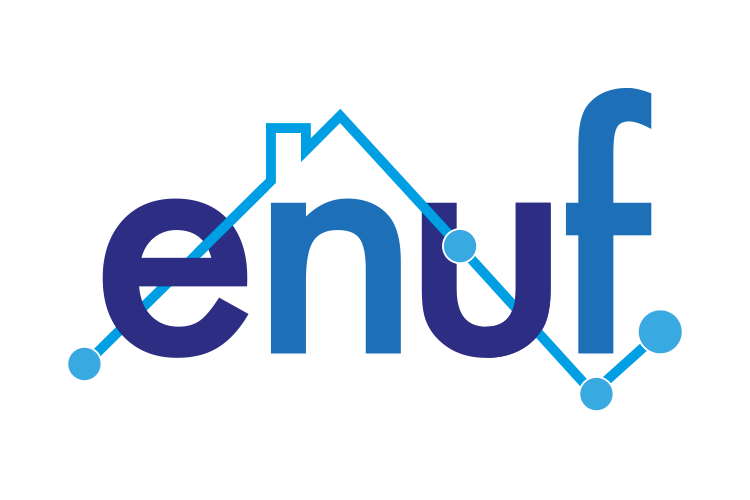
Research has many purposes, to learn, to evidence, to inform and to, hopefully, change. As researchers exploring problems of insecure food access in the UK, many of us are questioning how we can engage and meaningfully contribute to tackling the rising problem of food insecurity during the COVID-19 pandemic.
Whilst the frontline work flat out to support those facing food insecurity in these unprecedented times, we as researchers hope to contribute by gathering and providing useful evidence. To enable us to do this we are asking those at the heart of the response; the policymakers, the frontline food bank workers, the community food organisations, the public health professionals, the food poverty advocacy organisations, what researchers can usefully contribute at this time. What evidence do you need now? And what evidence do we all need for the future?
Therefore, we thought it would be useful to reach out to our stakeholder community and hear from them. We are posing the following questions:
- What research evidence do you need now to help inform the work you are doing?
- What research evidence could researchers gather now to inform future policy and practice?
- And is there anything we can offer, as researchers with various quantitative, qualitative, and policy analysis skills, to help organisations engaged in responses to COVID-19 monitor and refine their efforts to address food insecurity?
Whilst we do not have the capacity to undertake the volume of research that we anticipate these questions will generate, we hope this exercise will inform the wider research community and shape future research projects. ENUF’s social media, network of colleagues and collaborators, and our upcoming biennial research conference will all offer an audience keen to know of the research requirements of those working at the coalface. We therefore hope that such organisations will find this worthy of their time.
To begin, we spoke to the team at Sustain about their suggested research priorities. They shared the following interests:
- Are we seeing increased impacts on mental and physical health as a result of increased food insecurity during COVID-19?
- What outcomes have the different types of free school meal substitutes (e.g. supermarket vouchers vs. cash vs. in-kind provision) had for children and families?
- Who is now taking on the role of delivery of Free School Meals and how does this look different across nations, councils and individual schools? Again, are outcomes different by who is taking on delivery?
- What support is being offered to families with no recourse to public funds (NRPF)? And if policies are shifting, are there impacts on food insecurity?
- How is support for older people changing under COVID-19? Again, what have been the impacts on vulnerability and how does this inform longer term support for older people?
- How has the fact that some food markets stayed open while others have been closed, particularly those markets that are more affordable, more diverse, and more culturally appropriate, impacted on different communities?
If any other individuals or organisations would like to share suggested research priorities with us, we would love to hear from you. We’ll be compiling these into blogs over the coming weeks and sharing them with our research community. Please get in touch on connect@enuf.org.uk.
